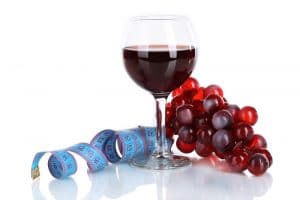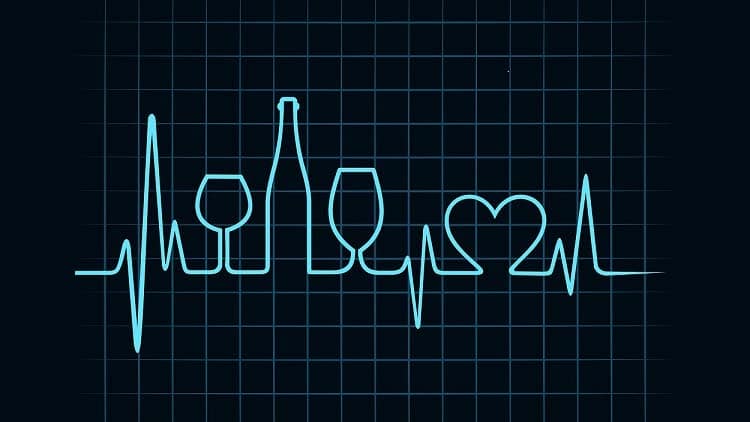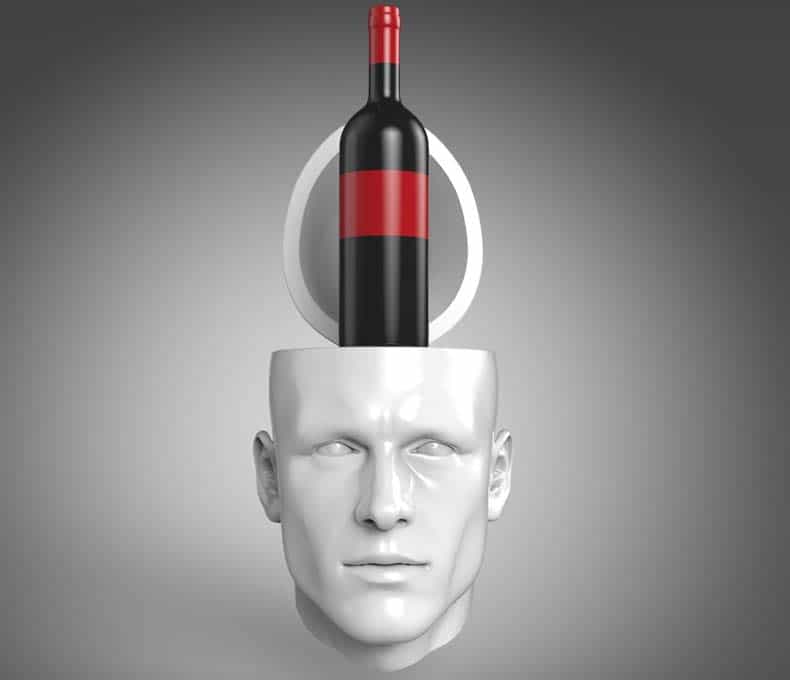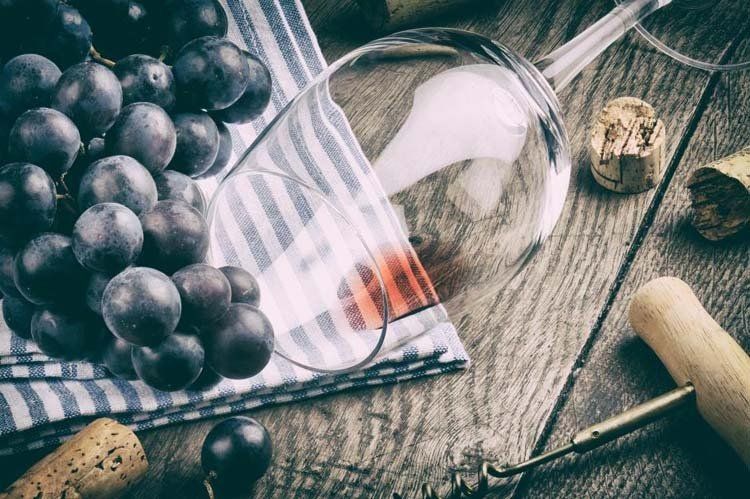What are Polyphenols?
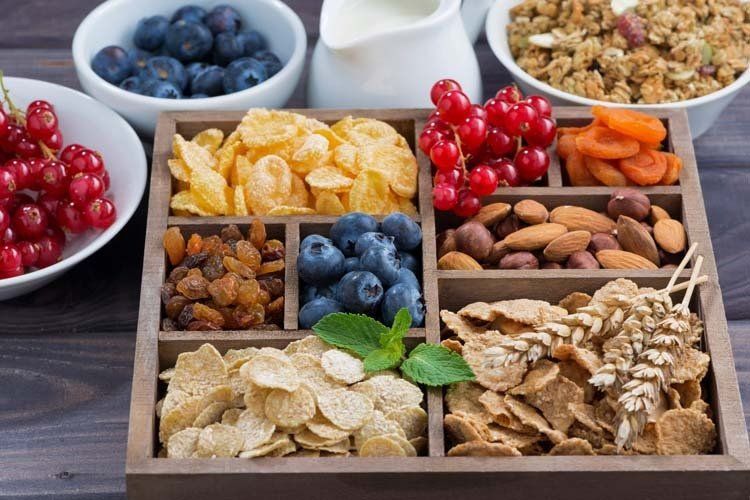
Antioxidants, flavonoids, polyphenols; there is a lot of buzz around these keywords in health circles, but what exactly are we talking about? Read on to have polyphenols explained for human health.
What are polyphenols?
Polyphenols are chemical compounds which occur naturally in plants. Many polyphenols are also antioxidants, and sometimes these terms are used interchangeably. There are several types of polyphenols, including flavonoids, phenolic acids, stilbenes and lignans.
Poly means many – this refers to the large number of basic phenol rings found in polyphenol compounds, of which there are more than 4000.
Polyphenols add acidity, or “bite”, to foods. This is particularly noticeable in strong tea and red wine. These polyphenols are what we know as tannins.
In plants, polyphenols are created to help defend against insect attacks, environmental stress and disease, and contribute to the colour of the plant.
What are the benefits of polyphenols?
As they are powerful functions such as antioxidants, Anti-inflammatory and anti-aging, polyphenols combat cell damage, neutralise free radicals, reduce inflammation and slow the growth of cancerous tumours. Researched has shown that polyphenols can also positively influence gut bacteria, and more recently, these powerful plant compounds have been linked to an improvement in oral health.
Flavonoids increase insulin sensitivity, and lower the digestion rate of sugar, which has been linked to a lower risk of type 2 diabetes.
Lignans have been linked to a lower occurrence of inflammation after exercise.
Polyphenols have also been shown to balance out levels of “good” and “bad” cholesterol and decrease blood pressure – both precursors to heart disease.
High flavonoid intake has also been shown to regulate body weight and lower BMI; leading researchers to suggest that polyphenols may play a role in combating obesity, which can lead to many other serious diseases.
Polyphenol sources and supplements
Plant-based foods, fruits and vegetables are the best source of polyphenols in the diet. Below is a list of most common polyphenol sources;
Fruits- grapes, oranges, apples, , cherries, blueberries, raspberries, cranberries, black elderberries, blackcurrants, blackberries, strawberries,
Vegetables- spinach, onions, potatoes olives, broccoli, asparagus, carrots
Whole grains-whole grain wheat, rye
Nuts, seeds, and legumes- roasted soybeans, black beans, white beans, chestnuts, hazelnuts, pecans, almonds, walnuts,
Beverages- coffee, tea, red wine
Fats- dark chocolate, virgin olive oil, sesame seed oil
Spices and seasonings- cocoa powder, capers, saffron, cloves, dried peppermint, powder, dried ginger, cumin, cinnamon
Resveratrol – the stand-out and most researched Polyphenol
Of particular note is a flavonoid known as Resveratrol, which has received much media coverage and positive research results for its role in protecting the body against signs of ageing, inflammation and disease. This polyphenol is considered a super antioxidant for its health benefits and disease prevention properties.
Resveratrol is found in high doses in red wine. The Wine Doctor range of wines are naturally increased Resveratrol Enhanced Wines. With 20 times the amount or health improving resveratrol in their wines, it makes sense to get your resveratrol this way. The Reselixir, a resveratrol-enhanced red wine, has even higher levels of Resveratrol than our regular wines. It is a delicious and effective way of increasing your consumption of polyphenols and attaining the benefits from these super chemicals. In addition, because if the increase absorption of Resveratrol through the mouth (buccal and sub-lingual) helps your uptake of these amazing polyphenols.
Now that you’ve had
polyphenols explained for human health and understand the benefits of trying The Wine Doctor. Get your Wine Doctor polyphenol fix today.
Get your FREE eBook NOW!
Resveratrol – Natural, Healthy and Good for You
